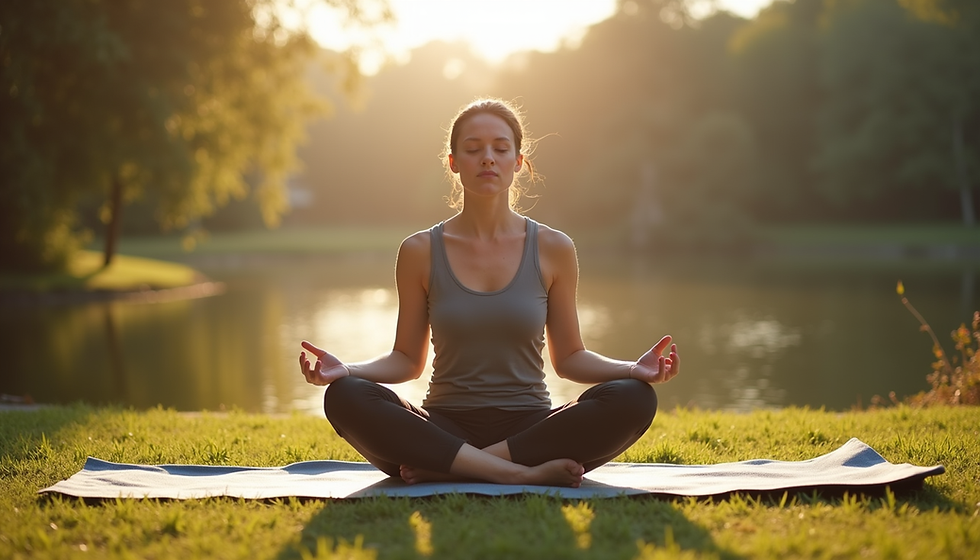Comparing the Different Styles of Hatha Yoga: Astanga, Lyengar, Viniyoga, Sivananda, Satananda, and Kundalini
- malatidhani9
- Sep 11, 2024
- 2 min read
Yoga, a practice that unites mind, body, and spirit, has evolved over centuries to encompass various styles and forms that cater to different individuals seeking balance and well-being. Among these, Hatha yoga stands out as a foundational practice that has adapted to the modern world while retaining its essence. In this article, we delve into the evolution of Hatha yoga, exploring its modern forms and practices that continue to resonate with individuals seeking harmony in a fast-paced world.
The Roots of Hatha Yoga
Hatha yoga, deriving its name from the Sanskrit words "ha" meaning sun and "tha" meaning moon, symbolizes the balance of opposing forces within oneself. Originating in ancient India, Hatha yoga focuses on physical postures (asanas) and breath control (pranayama) to enhance strength, flexibility, and mental clarity. Traditionally, this practice aimed to prepare the body and mind for deeper states of meditation.
Embracing Modernity
As yoga gained popularity globally, Hatha yoga underwent a transformation to suit the needs and preferences of a modern audience. Traditional poses were adapted, and new sequences were developed to cater to individuals with diverse fitness levels and goals. In contemporary Hatha yoga classes, practitioners may encounter a fusion of traditional asanas with elements of modern fitness routines, creating a dynamic and engaging practice.
Modern Hatha Yoga Class
The Rise of Variants
Modern forms of Hatha yoga have also given rise to variants that combine traditional practices with innovative approaches. Power yoga, for example, emphasizes strength and stamina through vigorous sequences, appealing to fitne

ss enthusiasts looking for a challenging workout. Restorative yoga, on the other hand, focuses on relaxation and rejuvenation, making it ideal for individuals seeking stress relief and mindfulness.
Finding Balance in Busy Lives
In today's fast-paced world, the practice of Hatha yoga offers a sanctuary of stillness and self-care. As individuals juggle work, family, and personal commitments, dedicating time to practice Hatha yoga can provide a much-needed retreat to restore balance and inner peace. The gentle yet powerful postures allow practitioners to release tension, improve posture, and cultivate mindfulness amid the chaos of daily life.
Embracing the Journey
Whether you are a seasoned yogi or a beginner taking your first steps on the mat, the evolution of Hatha yoga welcomes all to embark on a transformative journey of self-discovery and well-being. By embracing the ancient wisdom of Hatha yoga in its modern forms, individuals can explore the depths of their practice while adapting it to meet their unique needs and aspirations.
Conclusion
In conclusion, the evolution of Hatha yoga exemplifies the timeless adaptability of this ancient practice to contemporary lifestyles. From traditional roots to modern variations, Hatha yoga continues to inspire individuals worldwide to cultivate harmony, balance, and vitality in their lives. By exploring the rich tapestry of modern forms and practices within Hatha yoga, practitioners can discover a path to holistic well-being that transcends physical exercise to encompass a profound connection to self and spirit.
Whether you unroll your mat in a bustling city studio or find solace in the tranquility of your home, the essence of Hatha yoga remains a beacon of light guiding you on a transformative journey of self-exploration and growth. Embrace the evolution, honor the tradition, and let the practice of Hatha yoga illuminate your path towards a balanced and fulfilling life.






Comments